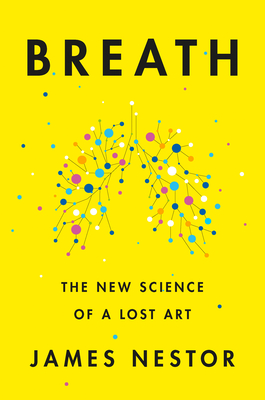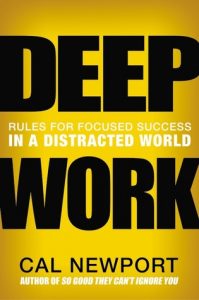I had heard the author on a number of podcasts and had this book recommended a number of times, so eventually I got around to buying it. I believe breathing and breath work is so important for health and optimal functioning, as I have done other reviews and videos.
From my own past experience, to what I see in my clients to what I see in friends, family and everyday people, many of us today, breathe wrong? A planet of open-mouthed breathers that has caused a myriad of health issues in us. The author sets out to find how and when this changed. Melding, the historical, the scientific and current practices he takes us way back to a time when things were very different. When our mouths, noses and sinuses, and our teeth were very different.
The secondary title of the book is: The New science of a Lost Art. I think this is clever in that “new” breathing techniques people have started to employ are actually ancestral best practices that while still prevalent in pockets in the east, have been largely forgotten in the west.
In terms of single subject books, having “science” in the title is interesting in that Breath is a bit light on the science and heavy on the anecdotal evidence for my taste. I have no issues with anecdotal, observational or n=1 discussions, but I really do like a lot of scientific sourcing and studies. Not that there isn’t any, I just wish there were more. That being said there is nothing outrageous or harmful discussed. Quite the contrary in fact.
The recommendations of nose breathing and engaging in yoga-style breathing exercises are simple and will likely improve your overall health. I have tried many different types of breathing exercises and they have been enormously helpful to myself, my family and many clients.
The main actionable points of the book are simply:
Breathing through the mouth is harmful, one should breathe through the nose.
Breathing slowly is best. The ideal breathing rate is 5.5 breaths per minute.
Long exhalations are particularly beneficial.
Rapid breathing is generally harmful, but done with conscious control it can be beneficial.
Carbon dioxide is not metabolic waste, it has an important role in health and well-being.
Again, these are all concepts I have personally embraced and have found beneficial for performance.
While I prefer The Oxygen Advantage, I do recommend this book not only to people with breathing problems but anyone who is interested in diving deeper into improving their health.
If you would like to learn more about how I employ these tactics for myself for my clients, contact me.



